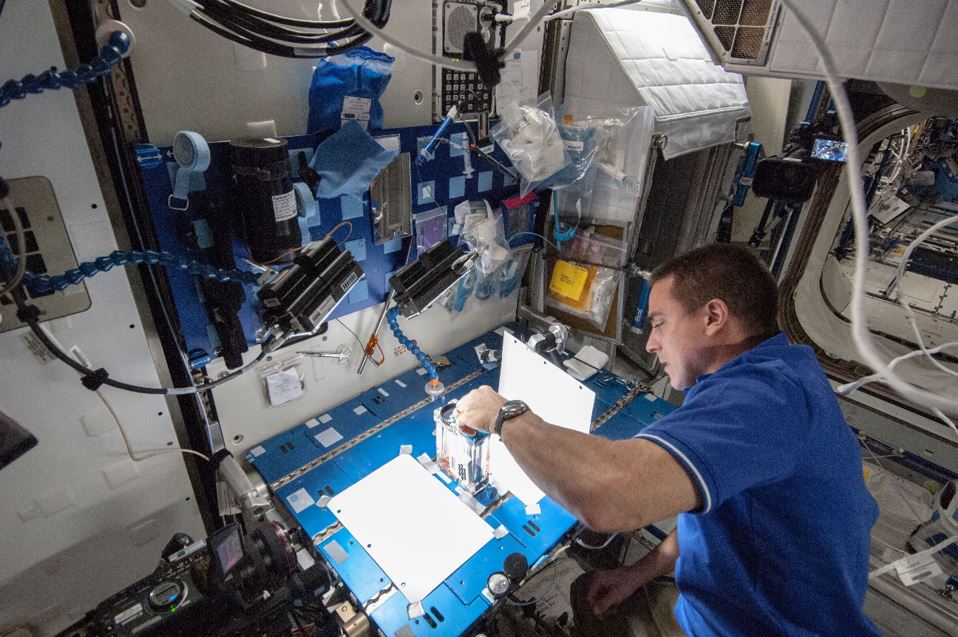It’s the context…
Is there some magic universality about innovators? Well, if you gather a group of them in a room (which I often do), you’ll find that they differ greatly from one another. And that is as it should be, because context is a key factor. Organisations seem to attract innovator types according to their stage of business maturity.
Intra, Entre – which are you?
Start-ups and young firms have a narrow product range – indeed perhaps only one potential product at the outset. Formal systems and processes may not yet exist or matter too much, and technologists tend to spend a lot of time dealing with potential end-users and developing the market. Work tends to be varied, quite fluid and can be chaotic. Some types of innovators are drawn to this kind of environment, enjoying broad responsibilities and rapid change. These innovators are entrepreneurs who build a completely new business around an innovative product or service.
On the other hand, established organisations already have a tried and tested range of products, along with bedded-down systems and processes that enabled them to scale up and benefit from efficiencies, and to grow. Technologists are free to focus on product enhancement and New Product Development, while colleagues with different professions address the marketing and all that other “business stuff”. Some types of innovator are drawn to this environment as it gives them the opportunity to concentrate on the technology while driven by serious bottom-line goals and budgets. We might call these innovators “intrapreneurs” – intrapreneurs who identify and generate product modifications, and develop entirely new products that become additional business streams within an existing firm.
Mixing it up
You can imagine that if “the innovator gene pool” in either environment is too pure, there could be downsides. In a world of increasing digitisation, fuelling greater speed and customer expectations of high responsiveness, you can see how, for established businesses, having some entrepreneurial start-up input might benefit agility and creativity. And for start-ups and early stage enterprises, the potential intrapreneur input from relevant established businesses could offer some beneficial wisdom and mentor-ship.
Making it happen
Two enablers are key for such positive symbiosis:
- the will and the skill to connect and collaborate. Not something that comes to everyone naturally – but can be learned.
- awareness and understanding of the wider ecosystem beyond one’s own firm.
3 questions…
Let me leave you with three questions for you to ponder, if , as an ambitious innovator, you wish to stretch beyond your technical competence:
Are you a natural Entrepreneur or Intrapreneur?
Who do you know that’s your opposite type with whom you might useful to converse with?
What might help you meet more innovators in the wider ecosystem who are different from you where you could both learn from each other?
All the best in your explorations, and may they bear rich fruit!




